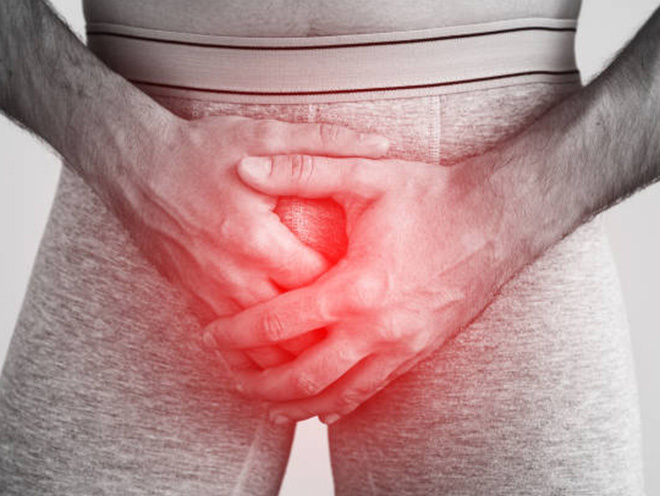 |

What is testicular cancer?
Testicular cancer occurs in the testicular tissue and is a malignant tumor formed by cancerous transformation of testicular cells. Testicular cancers are classified into two main categories: spermatogonial cell carcinoma and non-spermatogonial cell carcinoma. Testicular cancer is a rare malignancy in men and is the 18th most common male cancer in Malaysia. According to the Malaysian National Cancer Registry Report (2012-2016), testicular cancer accounts for 1.2% of male cancers in Malaysia.
So can testicular cancer be cured? Minimally invasive technologies with little side effects and trauma will help testicular patients avoid surgical resection as well as suffering from the pain of traditional radiotherapy and chemotherapy, improve the quality of life and effectively prolong the survival period.
What are the contributing factors of testicular cancer?
1. Dietary habits: long-term consumption of hormone-type planting and breeding food is the most dangerous.
2. Character: Clinical investigation finds that people with unhappy character and long-term depression and suppression are prone to testicular cancer.
3. Environmental aspect: Polluted air, machine radiation (such as computer, electromagnetic furnace, microwave oven, cell phone radiation), noise, etc. are all pathogenic factors.
4. Genetic factors: research shows that the occurrence of testicular cancer is related to genetic factors.
For more cancer knowledge, please click and contact our doctors for consultation.




What are the early signs of testicular cancer?
1. Acute testicular pain
2. Infertility
3. Sense of heaviness in testicle
4. Enlarged testicle
5. Acute abdominal pain
6. Testicular hardness
7. Gynecomastia
What are the dangers of testicular cancer?
1.Testicular cancer will lead to azoospermia and dead spermatozoa, resulting in the loss of fertility and the possibility of transmitting inflammatory germs to the spouse, leading to gynecological diseases.
2. Testicular cancer will lead to sperm damage and deficiency of kidney, depletion of vital energy, back pain and early aging.
3. Testicular cancer will lead to decrease in sexual function or even complete loss of sexual function.
What are the diagnostic methods of testicular cancer?
1. Laboratory examination: mainly serum β-HCG, AFP and LDH test, these serum tumor markers are important for treatment, follow-up and prognosis.
2. Imaging examination: B-type ultrasound, abdomen, MRI, lymphangiography, radionuclide scanning, chest X-ray are helpful in diagnosing the presence or absence of metastasis.
3. Biopsy: Biopsy is the examination method to determine whether cancer exists or not.
For more cancer knowledge, please click and contact our doctors for consultation.